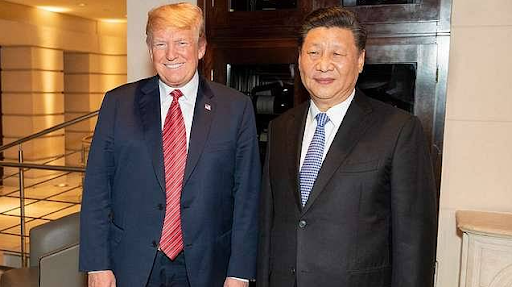Chinese President Xi Jinping is making a strategic play for his legacy, pressuring the Trump administration to make a historic policy shift on Taiwan that would be seen as a crowning achievement of his rule. The demand for the U.S. to “oppose” Taiwanese independence is part of Xi’s grander vision of “national rejuvenation,” which considers the unification of Taiwan as a core, non-negotiable component.
This move seeks to replace the decades-old American position of “not supporting” independence, a phrase that has provided diplomatic cover for robust U.S.-Taiwan relations. A change to “oppose” would align the United States with Beijing’s narrative and goals, effectively removing the primary international obstacle to Xi’s ambition of bringing the democratic island under his control.
The request is being strategically timed to coincide with high-level trade negotiations and a planned summit between Xi and President Trump. This approach attempts to leverage the Trump administration’s focus on economic deals, testing whether a long-standing security principle can be traded for concessions on tariffs or market access, a transaction that would be invaluable to Beijing.
Analysts see this as more than just a diplomatic probe; it’s a direct challenge linked to Xi’s consolidation of power. Having removed presidential term limits, Xi has positioned himself as the leader who will resolve the “Taiwan issue.” Securing a major concession from the U.S. would significantly bolster his authority and advance this timetable.
The Trump administration’s decision is therefore fraught with historical significance. By acceding to the request, it would not only be altering a single policy but also actively participating in the fulfillment of Xi’s legacy project. This would have profound and lasting consequences for the balance of power in Asia and the fate of democracy in the region.

